Democracy and Education
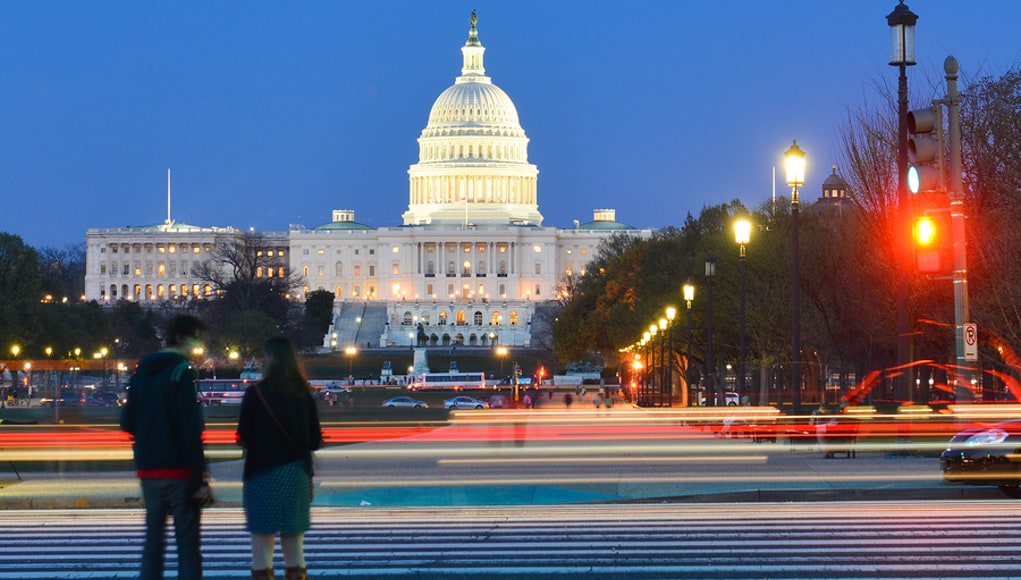
Democracy is facing a performance crisis. In many democracies across the world, living standards have flattened, the supremacy of ethnic groups is being challenged and the rise of social media has empowered fringe movements. Philosopher A.C. Grayling argues that, “While we look at the screens of our televisions and mobile phones, others with agendas have their fingers in the pockets of our democracy, on the credit cards of our democracy.” Others believe that we are living with pre-fascism.
Now is the time to do what philosopher Hannah Arendt called on citizens to do: stop and think.
Winston Churchill once declared: “Democracy is the worst form of government, except for all those other forms that have been tried from time to time.” Western democracies are now safer, wealthier and freer than human beings have ever been. However, it would be imprudent to assume that liberal democracy is anything but a historical blip. Democracy is fragile, and people increasingly feel that democracies are unresponsive, run by selfish elites, and failing to deliver. At the same time, Yascha Mounk argues that, “When a political structure continues for centuries, it is easy for those who have never known anything else to assume that it is immutable.” Unlike most of our ancestors, many of us have never had to face starvation or a war, but history is full of examples that suggest that stability might be temporary.
What We Can Do About It
History can warn. We have much to learn from the Europeans who conceded to fascism, Nazism, and communism in a not-so-distant portion of the twentieth century. Madeleine Albright claims that, “fascism and fascist policies pose a more virulent threat to international freedom, prosperity, and peace than at any time since WWII.” Yale Historian Timothy Snyder advocates defending against tyranny by: subsidizing investigative journalism, scrubbing your computer of malware on a regular basis, picking some charities and setting up autopay, keeping up friendships abroad, and being alert to the use of words like extremism and terrorism.
It takes practice to become a good citizen. No government can defend itself from deteriorating or being commandeered by big business unless the enfranchised are informed and engaged. Schools need to salvage their task of educating citizens and teachers should spend more time pointing out that alternatives to liberal democracy are universally repugnant. This is why we teach topics like the US Civil Rights Movement, the fall of the Berlin wall, and the struggle against apartheid. None of these historical moments were inevitable. They required individuals, communities and institutions to turn the arc of history toward justice.
Civic agency is the ability to make a difference as a citizen. It requires the capacity to see through misinformation, to recognize diverse perspectives and engage across differences, to imagine a better future and to lead change. The moment you set an example, the status quo is cracked, and others will follow. Remember Rosa Parks.
Around the world, educators are helping adolescents become engaged democratic citizens and supporting teachers to develop classrooms, schools, curricula, practice, and policies that reflect this. Shikaya in South Africa is supporting educators to address the legacies of apartheid, to recognize the fragility of democracy, and create classrooms and schools that are inclusive, safe, reflective, and compassionate. Afev and their volunteers across France are learning about contemporary racism and antisemitism so that they can stand up and speak out against hatred. Facing History and Ourselves is helping students learn about hatred and bigotry so that students can stop them happening in the future and their Guide for Classroom Conversations is a powerful resource for fostering civil discourse. Other resources are readily available to prepare educators for tough conversations.
Moving Forward
Democracy requires active work. Every generation has to reclaim it. Educators have a critical function, at a moment when we live in filter bubbles and echo chambers, to create safe spaces and facilitate points of confrontation to break single identities. PBL projects that build civic agency and give youth experience in participatory action and making a community contribution can make a significant difference. These learning experiences have the added benefit of helping students develop co-creating, world-building and design thinking skills for their future endeavors. If we are serious about democracy, it is about how we teach. It is about living democracy in the classroom. It might be timely for teachers to consider whether they model authoritarian leaders, how they might support curricula disobedience and academic freedom, and what their professional code of ethics is.
“Democracy has to be born anew every generation, and education is its midwife.”
— JOHN DEWEY
For more, see:
- In Boward County, Student Voice Impacts the Classroom and Beyond
- Preparing #LifeReady Students: Creating a Globally-Sourced, Locally-Relevant Curriculum
- Entrepreneurship in K-12 Education
Stay in-the-know with all things EdTech and innovations in learning by signing up to receive the weekly Smart Update.
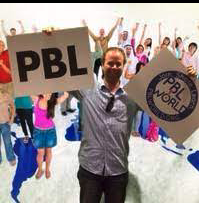



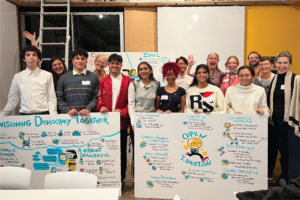
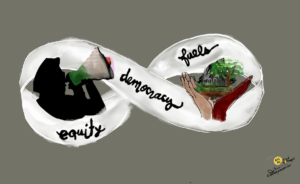
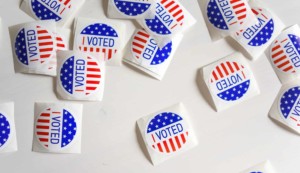
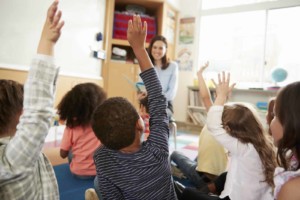
0 Comments
Leave a Comment
Your email address will not be published. All fields are required.